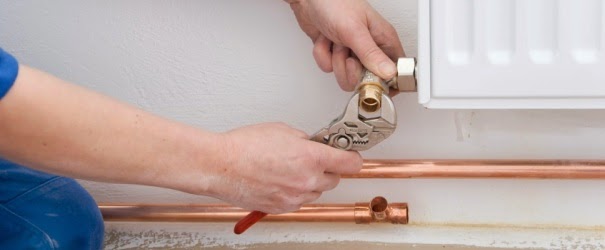 |
| Photo Credit |
 |
| Photo Credit: Simon James |
How to diagnose if you have sludge
There
are a few tell tale signs of sludgy water, but the main one being the
colour, when bleeding the air vents to a radiator and finding that
when the tissue has a dirty colour of water, then you have what may
be the start of sludge in your central heating.
If this goes untreated it will mean your electricity bill running up because of the extended amount of time it takes to heat your home. This will result in having to call an emergency plumber because the sludge is heavier than water and there is more friction in sludge, than there is in water.
If this goes untreated it will mean your electricity bill running up because of the extended amount of time it takes to heat your home. This will result in having to call an emergency plumber because the sludge is heavier than water and there is more friction in sludge, than there is in water.
How much does it cost to get it treated?
An
average cost for a power flush would work out at £500 and it will
take up to 8 hours to get rid of, but ultimately this will depend on
your heating's size. It's also worth noting that it's always best to
power flush your central heating when having a new boiler fitted
because if you let it build up it will cost you more in the long run.
As long as you use a chemical regularly every 5 years there won't be a need for a power flush.
As long as you use a chemical regularly every 5 years there won't be a need for a power flush.
You can always get free no-obligation quotes for boiling repairs at Heating Quoter as well! Click here
I bid you adieu my dear Sirs and Madams!

No comments:
Post a Comment